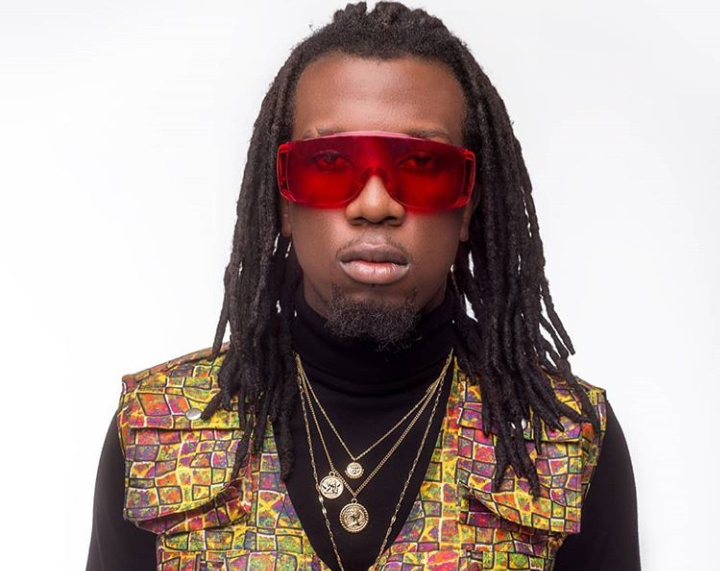Kenyan musician Charisma has strongly criticized fellow artist Bahati, accusing him of using the tragic death of Gengetone star Shalkido to seek attention and remain relevant.
The accusation comes in the wake of Bahati’s public tributes and statements following Shalkido’s passing, which Charisma claims were more about publicity than genuine grief.
Tragedy Strikes the Music Scene
Shalkido, whose real name was Kevin Mburu Kinyanjui, was a beloved former member of Sailors Gang.
He died after sustaining critical injuries in a motorcycle accident along Thika Road, which left him brain-dead before he was pronounced dead.
His sudden death sent waves of grief throughout Kenya’s music industry, with tributes pouring in from fans and artists alike.
Charisma Calls Out “Clout Chasing”
Charisma, known for his outspoken nature and years in the music scene, took to Instagram to condemn what he described as Bahati’s “disgusting” behavior.
“It’s all about clout chasing and nothing else. It has become so disgusting. This is a new low even for people like Bahati. Shame on you!!”
He accused Bahati of exploiting the tragedy to draw sympathy and online engagement — a move he said disrespected both Shalkido’s memory and his grieving loved ones.
The post has since sparked widespread debate across social media, prompting reflection on the sincerity of celebrity reactions to loss.
Bahati’s Tribute Sparks Controversy
The backlash centers on Bahati’s social media tribute, where he claimed Shalkido had recently been in talks with his management about a collaboration.
Bahati wrote:
“You had just talked to my management on our collabo na mkapanga tuingie studio this coming week. Rest well, young king. Tutaonana baadae.”
Charisma interpreted this as a self-serving attempt to insert Bahati’s name into the tragedy, accusing him of using private exchanges to create a narrative that amplified his own relevance.
He argued that Bahati’s approach appeared performative rather than heartfelt, suggesting that the singer was more focused on social media optics than sincere mourning.
A Plea for Authentic Grief
Beyond his criticism of Bahati, Charisma’s comments served as a broader call for empathy and integrity in the industry.
He urged artists to mourn with sincerity and avoid turning moments of loss into opportunities for visibility or engagement.
“A true friend supports you when you live, not just when you die. Using someone’s tragedy for views is tasteless,” he emphasized.
The confrontation has reignited conversation about how celebrities navigate grief in the age of digital validation — and whether the line between tribute and self-promotion has become dangerously blurred.







